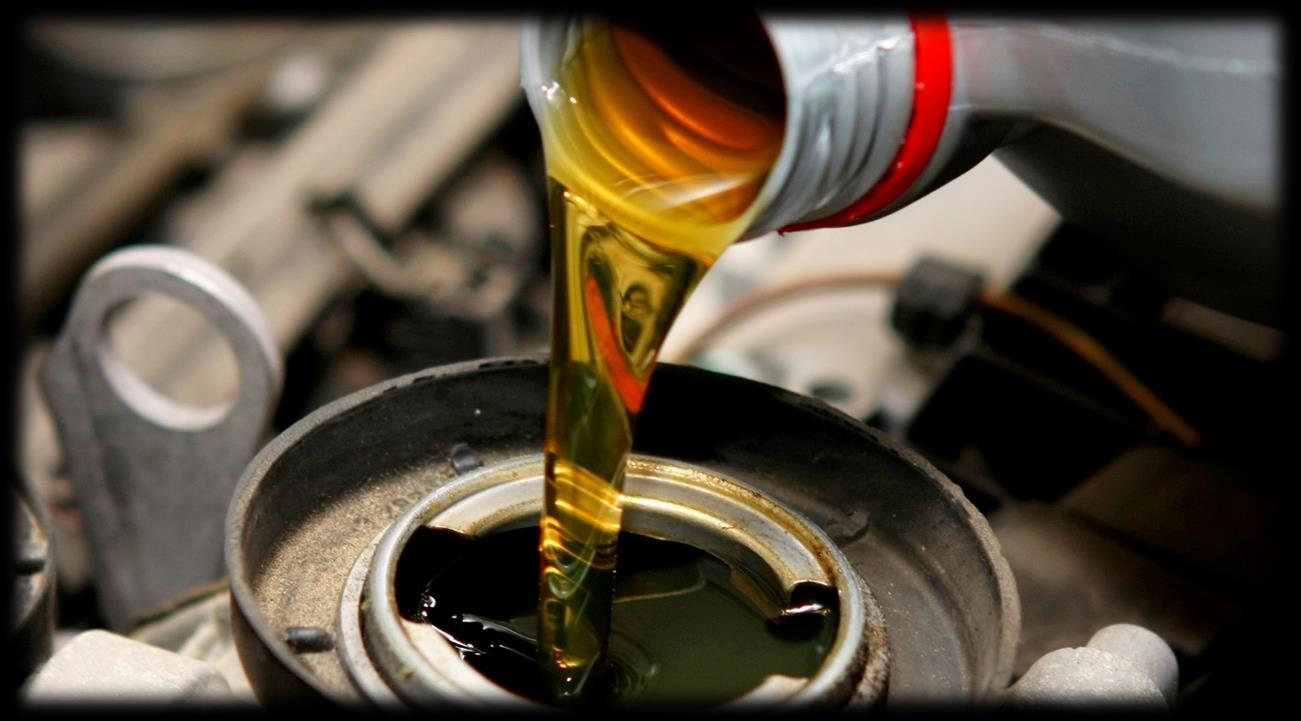

What Sets a Great Lubricant Supplier Apart
1. Technical Expertise Beyond the Basics
A standout lubricant supplier offers far more than just product delivery they bring deep technical knowledge to the table. They understand lubricant chemistry, machinery requirements, application challenges, and environmental factors.
Whether it’s choosing between mineral-based and synthetic oil lubricants, or identifying the correct viscosity grade for a hydraulic system, the best suppliers provide evidence-based recommendations. They analyze your specific operations, not just sell what's on the shelf.
Great lubricant suppliers often provide:
Application-specific lubricant selection
Compatibility assessments
On-site lubrication audits
OEM alignment and warranty compliance
This expertise helps clients avoid costly mistakes, reduce equipment wear, and improve overall system reliability.

2. Access to High Performance Lubricants
Top suppliers don’t just carry generic products they partner with trusted brands and manufacturers to provide advanced, high performance lubricants designed for today’s toughest applications.
These lubricants go beyond standard protection. They’re formulated to withstand extreme temperatures, heavy loads, high-speed operations, and contamination-prone environments. For industries like aerospace, manufacturing, and power generation, high-performance fluids are non-negotiable.
A dependable lubricant supplier ensures you’re getting premium-quality products that deliver measurable results such as longer re-lubrication intervals, lower operating temperatures, and reduced energy consumption
3. Customized Solutions, Not One-Size-Fits-All
No two businesses have the same lubrication needs. A true partner takes the time to understand your equipment types, operating hours, working conditions, and maintenance goals.
From creating tailored lubrication schedules to recommending bulk lubricants to reduce packaging waste and improve efficiency, a great supplier provides solutions not just stock answers.
They might even help implement or manage centralized lubrication systems to automate delivery in high-demand environments. This level of customization is one of the biggest signs you’re working with a supplier who’s focused on your long-term success.
4. Reliable Delivery and Inventory Support
Downtime can be expensive and running out of essential oil lubricants can bring operations to a halt. That’s why dependable delivery and smart inventory management are hallmarks of a great supplier.
Industry-leading industrial lubricant distributors often provide:
Scheduled and emergency deliveries
Auto-replenishment or Vendor Managed Inventory (VMI) programs
Online ordering and tracking tools
Local warehousing for faster fulfillment
This operational efficiency helps clients reduce lubricant shortages, streamline procurement, and avoid unexpected disruptions.

5. Value-Added Services That Make a Difference
What truly elevates a lubricant supplier is their willingness to go beyond the sale. The best providers offer value-added services that strengthen your maintenance programs and reduce total cost of ownership.
These may include:
Oil analysis programs to detect wear or contamination
Training workshops for maintenance and reliability teams
Environmental compliance support
Performance benchmarking and reporting
By leveraging these services, companies can improve machine health, reduce consumption, and extend service life turning lubrication into a performance asset rather than just a cost.
6. Proactive Customer Support and Responsiveness
Finally, responsiveness matters. Whether it’s answering technical questions, expediting a delivery, or troubleshooting a failure, a reliable supplier acts with urgency and professionalism.
A great lubricant supplier maintains open communication, offers consistent follow-ups, and stays updated on your evolving needs. This proactive mindset fosters trust and builds long-term relationships, not just transactions.

FAQs: About Choosing a Lubricant Supplier
What’s the difference between a lubricant supplier and an industrial lubricant distributor?
A lubricant supplier often focuses on product recommendations and support, while an industrial lubricant distributor typically handles warehousing, shipping, and logistics. Many top-tier suppliers serve as both.
Why are high performance lubricants important?
These lubricants offer superior resistance to wear, oxidation, and extreme temperatures. They’re ideal for high-demand equipment and can reduce maintenance frequency and energy usage.
Are bulk lubricants only suitable for large companies?
No. Even small to mid-size operations benefit from bulk lubricants, especially if they have highuse machines or multiple lubrication points. Bulk delivery reduces costs, waste, and storage issues.
How often should we conduct oil analysis?
That depends on your operating conditions and criticality of equipment. Many businesses run oil analysis quarterly, while high-stakes environments may require monthly testing. Your supplier can guide this based on usage.
What should I look for when evaluating lubricant suppliers?
Look for technical expertise, high-quality product access, value-added services, reliable logistics, and strong customer support. The right partner will help optimize your entire lubrication strategy.

Final Thoughts
Choosing a lubricant supplier is more than a purchasing decision it's a strategic investment in equipment performance, uptime, and cost control. The best suppliers serve as partners, bringing not just products but expertise, customization, and forward-thinking support to your operation.
